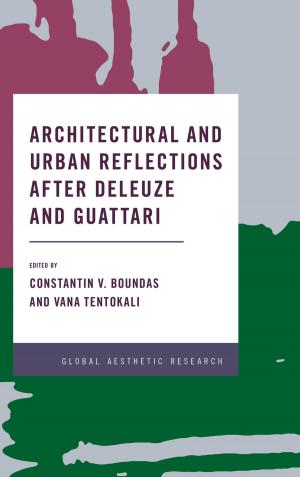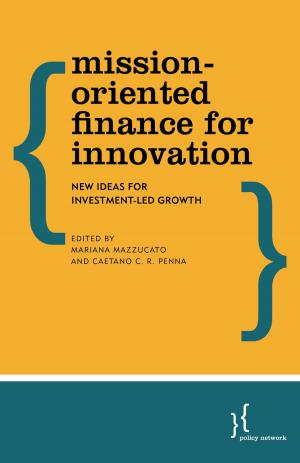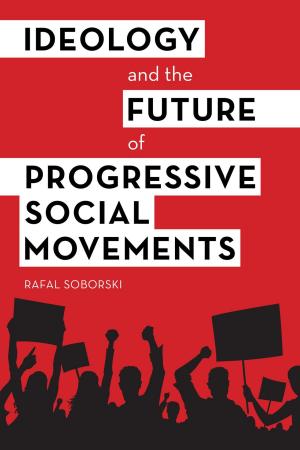Austerity as Public Mood
Social Anxieties and Social Struggles
Nonfiction, Social & Cultural Studies, Political Science, Government, Social Policy, Social Science, Discrimination & Race Relations| Author: | Kirsten Forkert | ISBN: | 9781783481958 |
| Publisher: | Rowman & Littlefield International | Publication: | September 20, 2017 |
| Imprint: | Rowman & Littlefield International | Language: | English |
| Author: | Kirsten Forkert |
| ISBN: | 9781783481958 |
| Publisher: | Rowman & Littlefield International |
| Publication: | September 20, 2017 |
| Imprint: | Rowman & Littlefield International |
| Language: | English |
Austerity as Public Mood explores how politicians and the media mobilise nostalgic and socially conservative ideas of work and community in order to justify cuts to public services and create divisions between the deserving and undeserving. It examines the powerful appeal of these concepts as part of a wider public mood marked by guilt, nostalgia and resentment – particularly around the inequalities produced by global capitalism and changes to the nature of work.
In doing so, the book engages with urgent questions about the contemporary political climate. Focusing on the UK, it challenges accounts of neoliberalism which frame it as primarily an individualising force and localist definitions of community as mitigating its damaging effects. Finally, it explores how resistance to austerity can challenge these tendencies by offering a politics of solidarity and hope, and a forum for experimentation with alternative forms of collectivity.
Austerity as Public Mood explores how politicians and the media mobilise nostalgic and socially conservative ideas of work and community in order to justify cuts to public services and create divisions between the deserving and undeserving. It examines the powerful appeal of these concepts as part of a wider public mood marked by guilt, nostalgia and resentment – particularly around the inequalities produced by global capitalism and changes to the nature of work.
In doing so, the book engages with urgent questions about the contemporary political climate. Focusing on the UK, it challenges accounts of neoliberalism which frame it as primarily an individualising force and localist definitions of community as mitigating its damaging effects. Finally, it explores how resistance to austerity can challenge these tendencies by offering a politics of solidarity and hope, and a forum for experimentation with alternative forms of collectivity.















